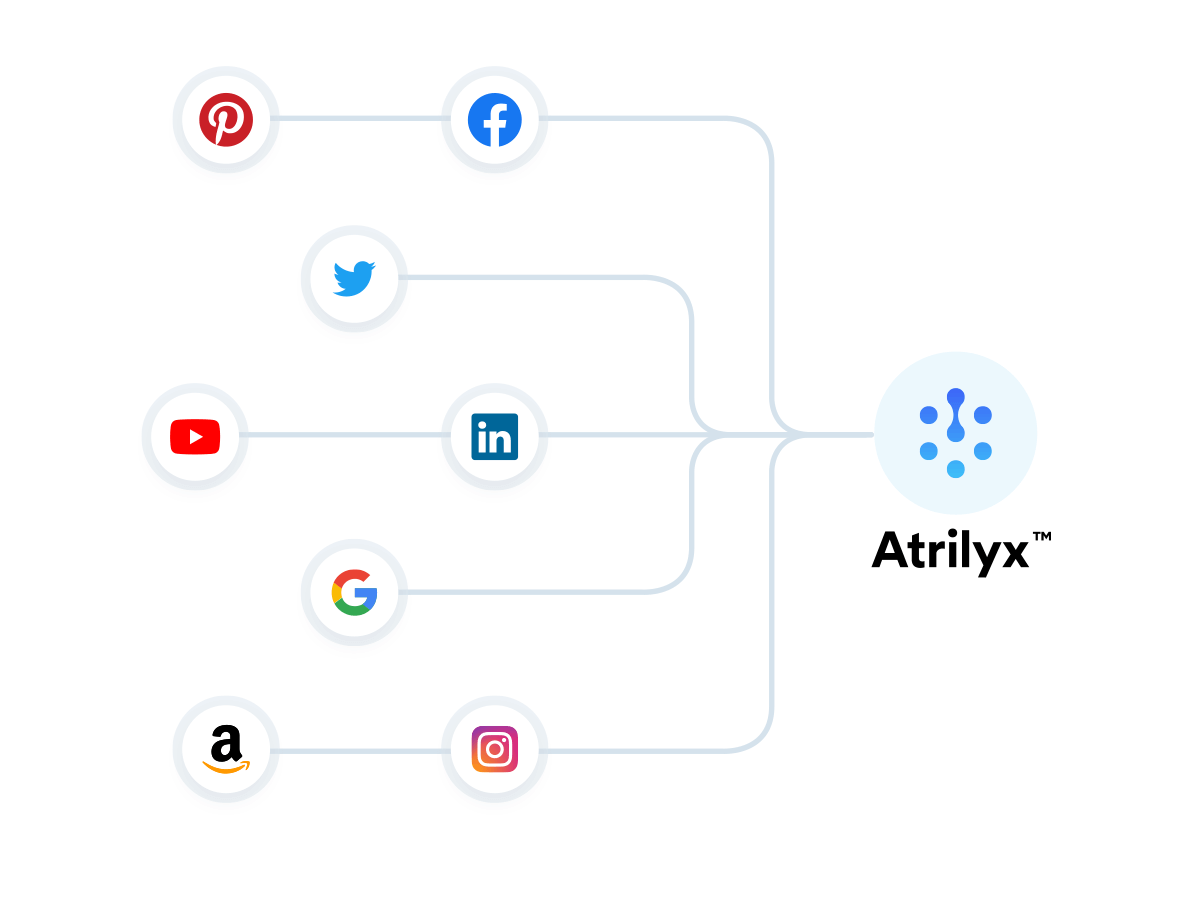By Sergio Alvarez
Work-life balance is a myth—at least, the idea that the balance should always be meted out in the same proportions throughout our lives is unrealistic. I believe the ability to live a perfectly proportioned life in terms of how we spend our time is not a right; it’s a privilege earned through hard work.
Sound counterintuitive? Well, that depends on how badly you want to succeed as an entrepreneur.
You Reap What You Sow
The importance of work-life balance is often promoted as the key to eliminating toxic work cultures that see workers devoting all their energy to earning money (for themselves or their employers) at the cost of their personal lives. The common perception is that many mental health challenges can be traced back to excessive work and limited play—and that may ring true for some, but what if the inverse is true, too?
Perhaps this drive to have a perfectly balanced personal life and also succeed in business is the real problem. In a relatively low-stress position with minimal effort required, a person may never have to prioritize their work over their family. As a small business or startup owner, though, the constant push to balance your work and personal life can be detrimental to your business.
You cannot reap what you have not first sown, and considering your business is your own creation, it’s impossible to separate the “work” and “life” parts. The overlap is considerable. In my opinion, attempting to separate those two, and using the work-life balance myth to excuse yourself from putting in the effort, is an excellent way to ensure your business doesn’t succeed long term.
Prioritize, Pace & Perform
As your business evolves, so will your ability to balance your time. There are a few simple ways you can start working toward a successful business while avoiding burnout:
1. Your business should come first.
Prioritizing your new business is the only way to succeed. Be prepared for countless long nights, interrupted family dinners, and holidays with your phone in your hand. It comes with the territory.
A new business lacks many of the resources and experience that more established competitors may have. Often, your biggest advantage is agility and the time you can dedicate to the client. It’s vital to leverage those advantages while you’re growing your brand.
2. Understand the role of luck and timing. These will not always be on your side. You may not enter a market at just the right time, but the vast majority of businesses that survived their initial years were built while their competitors were resting.



